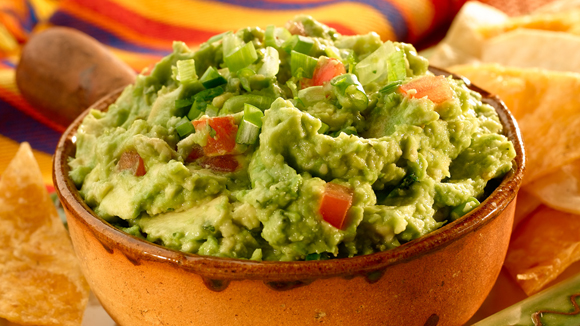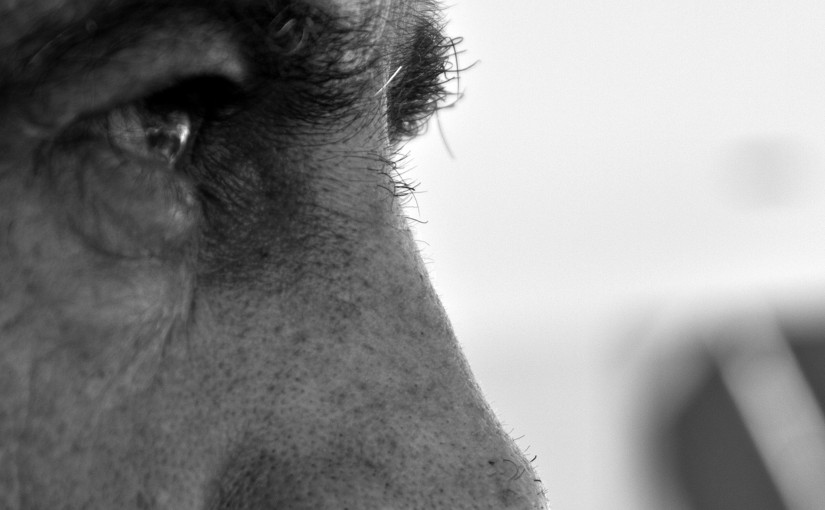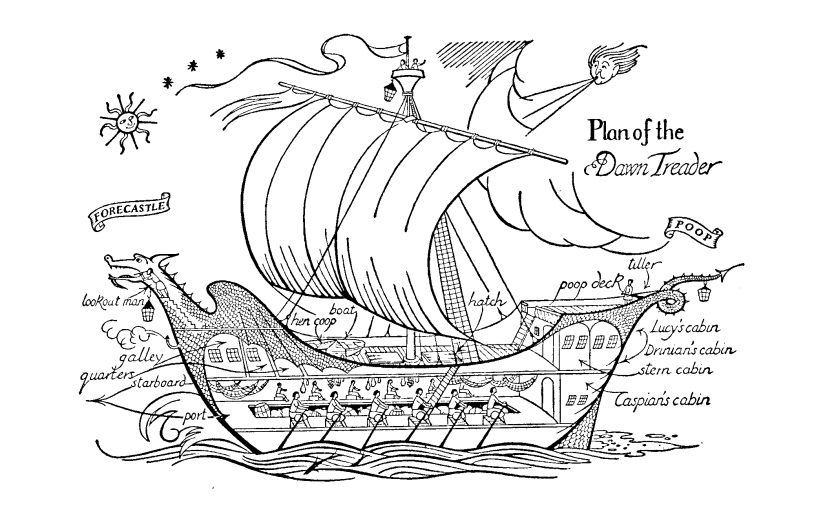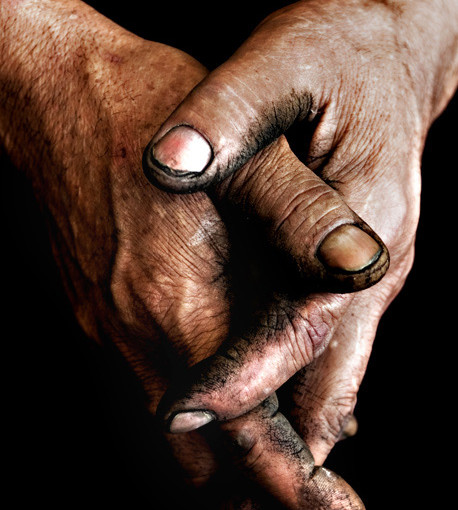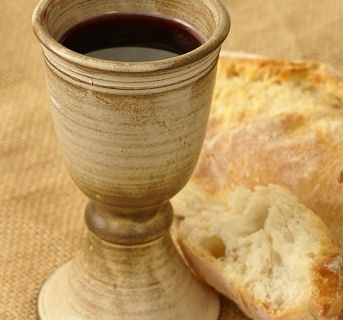All the men and women, the people of Israel, whose heart moved them to bring anything for the work that the LORD had commanded by Moses to be done brought it as a freewill offering to the LORD.
-Exodus 35:29
Read Exodus 35:4-29
My 5 year old daughter has a little interjection that is extremely hilarious. In the sweetest little mixture of British and American accent her over-excited voice will sometimes interject, “Holy Guacamole!” She often says this when she is thrilled about doing something new, something exciting or something noteworthy.
It sounds funny to our ears, but perhaps it is one of the most profound statements on the idea of “holiness” or sanctification. Normally, when you hear the word “holy” what pops into your mind? A moral action? Moral behaviour? Moral dress code? Religious worship service?
Exodus 35:29 states that men and women brought “anything for the work of the LORD.” The word anything in Hebrew actually means anything. Yes, astonishing isn’t it—anything.
All our lives have an unhealthy divide between the sacred and the secular. Holiness is not necessarily about morality. In Hebrew it simply means to be separate, distinct or set apart. Often we define holiness negatively. We see it as being set apart from the world.
The theologian and pastor Jack Groblewski puts it this way, “Holiness is being separate from all that is not God and separate unto all that is God.”
There is a positive element to holiness. This is why Exodus and Leviticus go through painstaking detail to talk about holy sandals, holy tables, holy lampstands, etc. These objects are neither moral nor immoral. The difference between a holy sandal and an unholy one is not about its nature or virtue. It is all about what it is expressly dedicated to.
To understand what holiness actually means the best way to understand this is to look at Jesus prayer for us and for himself. “And for their sake I sanctify myself, that they also may be sanctified in truth.” (John 17:19). Can Jesus actually make himself more holy? By no means! It actually is impossible for God to sanctify himself, for he is already holy. Most translators are stuck with conundrum what was Jesus actually trying to say. As translators they returned to root meaning of holiness. In His high priestly prayer, Jesus says, “Today I consecrate myself, I dedicate myself to the task of redeeming the world.” Jesus set himself apart, so that you could have the opportunity to set yourself towards all that is God and apart from all that is not.
Today, dedicate yourself to all that is God. “Set your heart above… for your life is hidden in Christ.” Colossians 3:2-3
